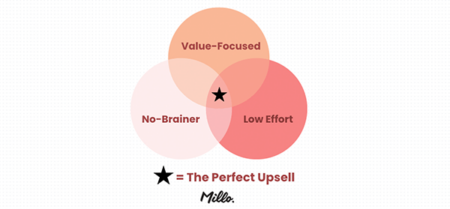Profit is the financial gain a business makes after deducting all of its expenses from its revenue. For freelancers, profit is the amount of money they earn from their freelance work after subtracting all of their business expenses, such as equipment, supplies, office rent, and utilities.
Accurately measuring profit as a freelancer can be a bit challenging because there are many different expenses to consider, and some expenses may be harder to quantify than others. However, it is essential to track and measure profit to understand the financial health of the business and to make informed decisions about pricing, budgeting, and investing in the business.
To accurately measure profit as a freelancer, it is important to:
- Track all income: Keep track of all the income you earn from your freelance work, including payments from clients, income from side gigs, and any other sources of income related to your business.
- Keep detailed records of all expenses: Record all expenses related to your business, including receipts for equipment, supplies, and other materials. See “Expense Tracking.”
- Use accounting software or a spreadsheet: Use accounting software or a spreadsheet to track income and expenses, and regularly update the records to ensure they are accurate and up-to-date.
- Calculate net profit: Once you have tracked all income and expenses, subtract the total expenses from the total income to calculate your net profit.
By regularly tracking income and expenses and accurately measuring profit, freelancers can make informed decisions about their business finances, set goals for growth and profitability, and stay on top of their tax liability.
Money Note: If an extra $1K–$5K/month would change your 2026 goals (debt, savings, travel, freedom), you’ll want to catch this: free live workshop from a freelancer who’s earned $4M+ online. No fluff. No gimmicks. A real roadmap. 👉 Watch the training or save your seat here »
See also: Profit-First Strategy, Net Profit, Profit & loss (P&L) Statement, ROI (Return on Investment)



